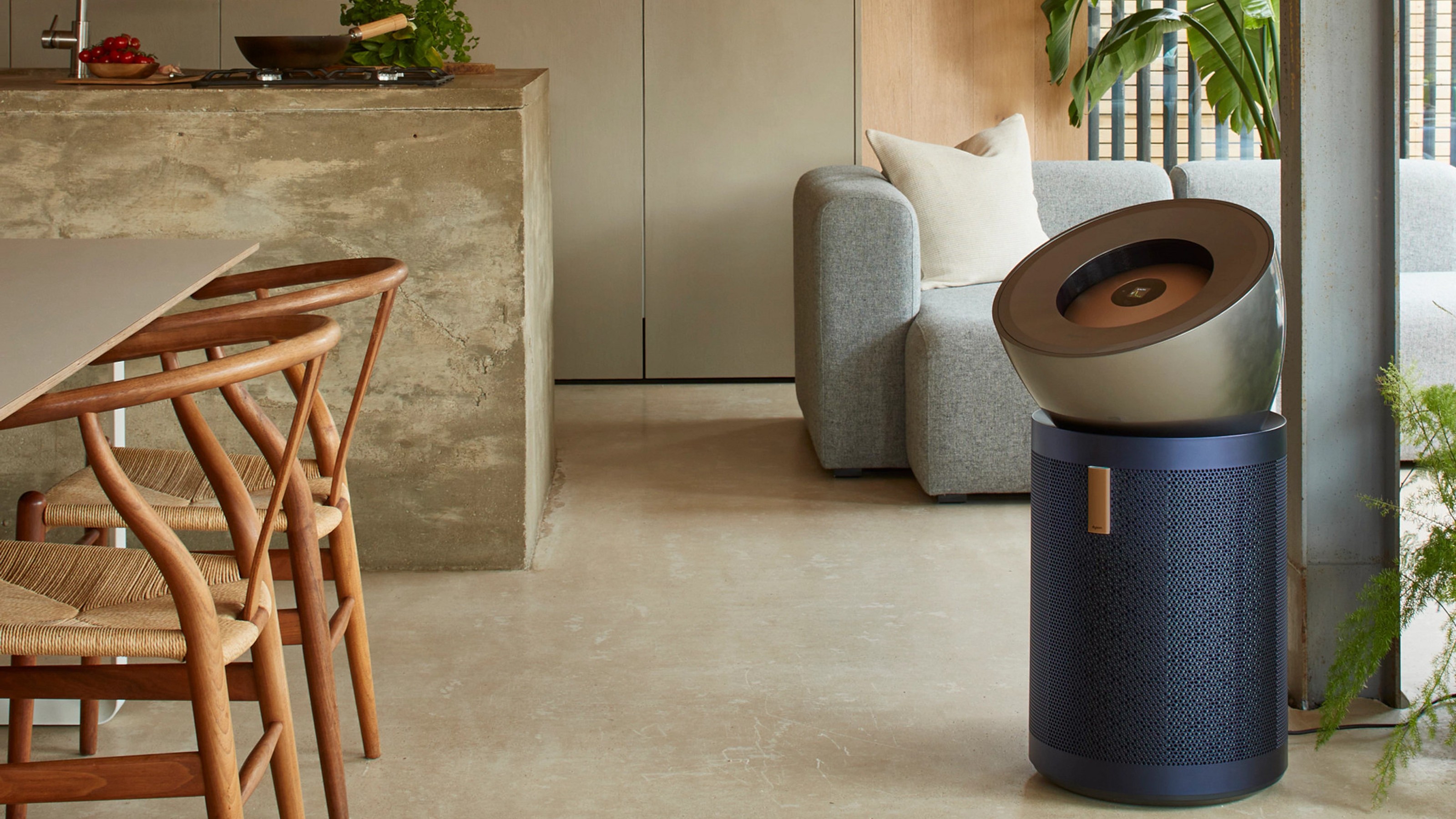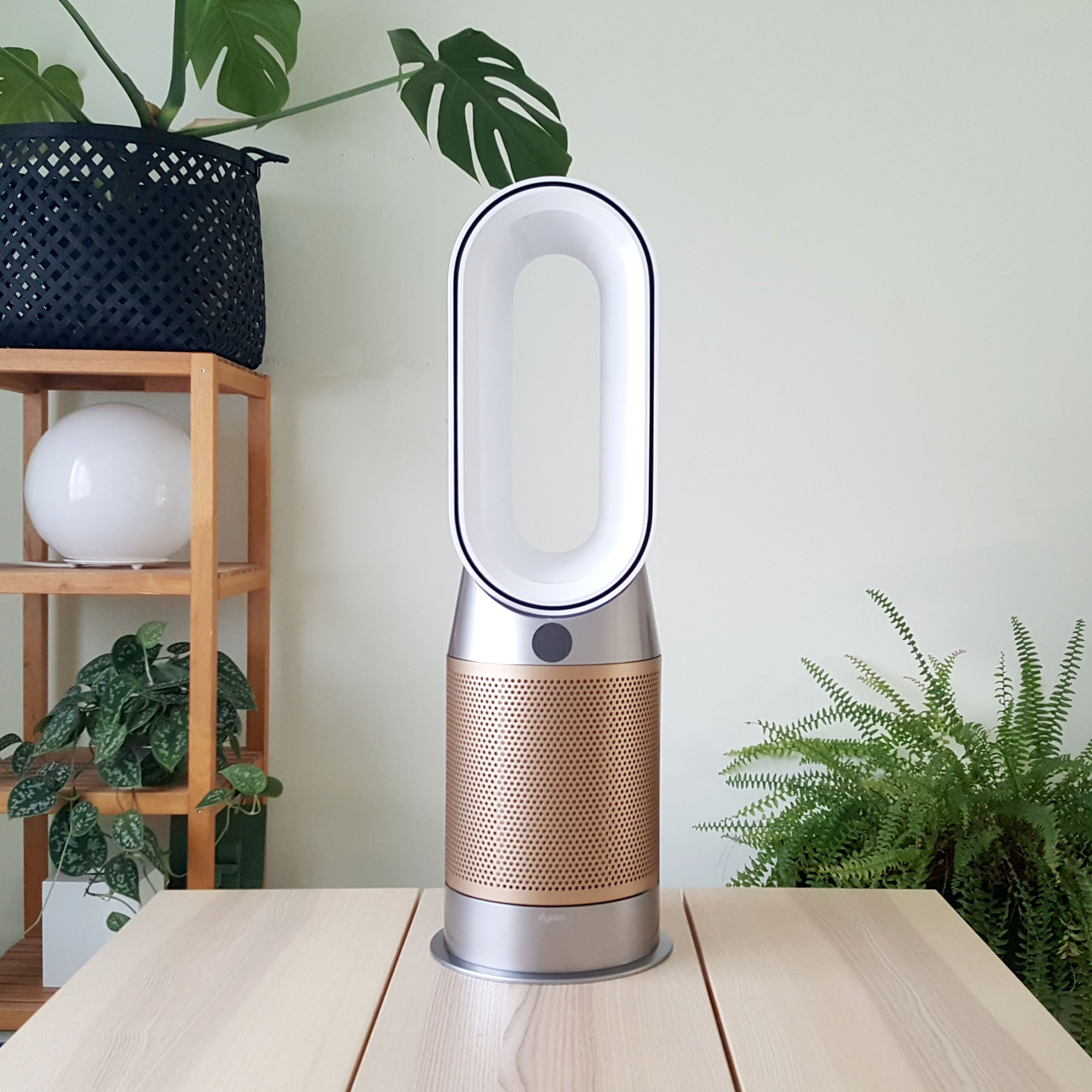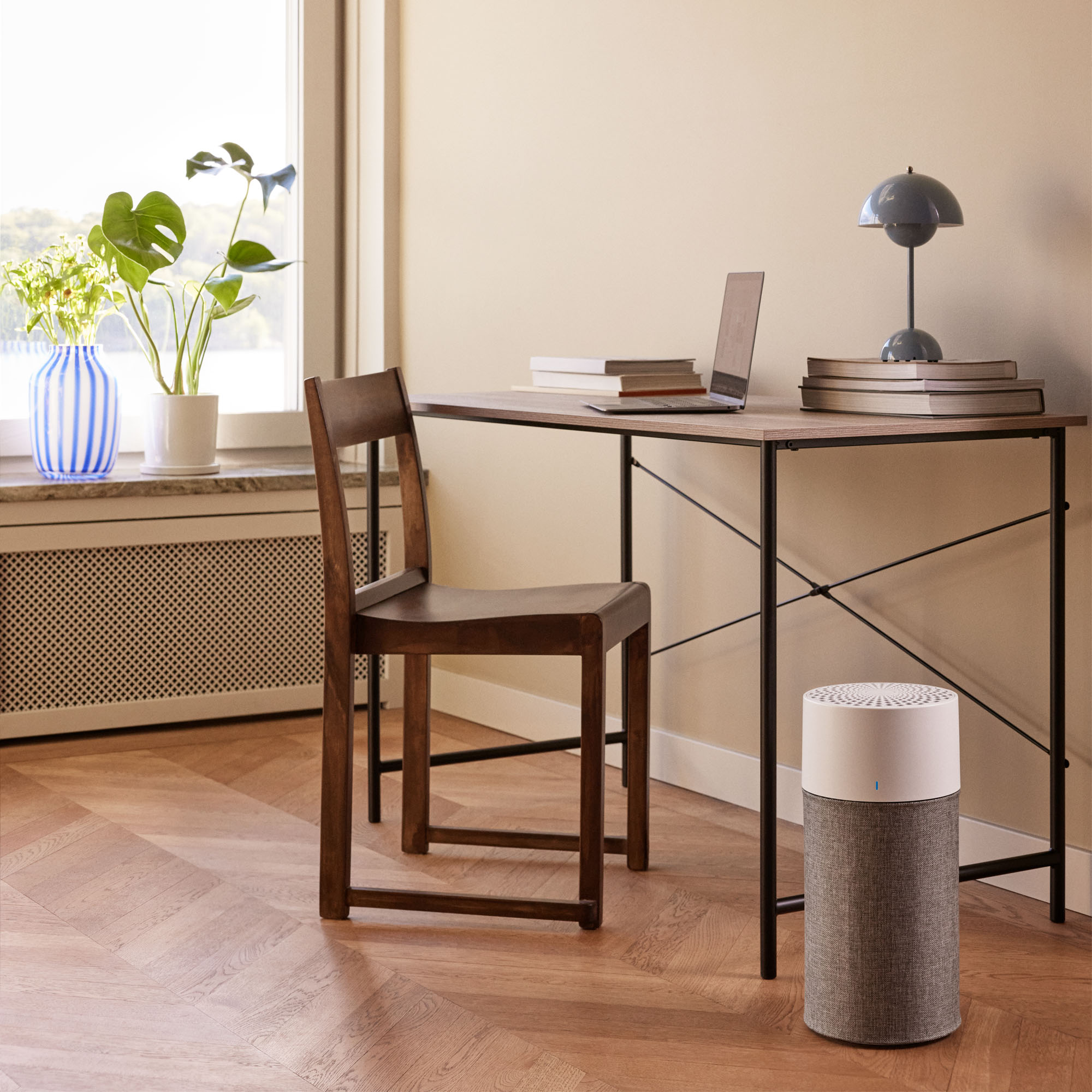Can an air purifier help with allergies? Yes, but only if you choose the right kind
This is one for hay fever sufferers


Having a clean home also means having clean air, and an air purifier can help with that. But can an air purifier help with allergies?
The best air purifiers are becoming more and more popular, with homeowners across the UK understanding the importance of improving air quality in the home. An air purifier can stop dust, but what impact can it have on those suffering from hay fever or pet allergies?
‘Yes, an air purifier can help those that suffer from allergies,’ explains Chris Michael, Managing Director of Meaco.
Joshua Warren, air purifier expert at AO.com explains: ‘If you suffer with allergies or live in an area with high pollution levels, an air purifier is an easy way to keep the air quality in your home at a comfortable level. They provide benefits such as absorbing unpleasant odours, removing pet dander, germs and bacteria, and keeping damp at bay.’
Can an air purifier help with allergies?
An air purifier sucks in and re-circulates the air while capturing airborne particles and pollutants in the process. Chris adds, ‘It’s designed to trap tiny particles that are in the air in your home and push cleaner filtered air back out.’
However, it’s important to note that an air purifier won’t cure your allergies, and it might not ease your symptoms completely. That’s because an air purifier can’t remove 100% of the allergens in the air. Instead, the numbers are normally around 99.5%.
Whether an air purifier can help with allergies or not also depends on the type of air purifier you buy, as there are many different types of air purifiers on the market. Some are more basic in their design and functionalities, while others offer better filtration qualities.
Sign up to our newsletter for style inspiration, real homes, project and garden advice and shopping know-how

So, those who are buying an air purifier to help with allergies should always research the specifications before choosing a specific model. You should look at the filter types, the CADR rate (Clean Air Delivery Rate) and the recommended room size. This should also help you decide how many air purifiers you need in your home.
For Chris, however, the biggest factor you need to consider is the filter type. More specifically, he urges those with allergies to buy an air purifier with a HEPA filter.
‘Whether your air purifier will work for allergies depends on what sort of air purifier you buy,’ he says. ‘To be sure of removing most of the particles from the air, you need to choose a unit that has a HEPA filter. These filters are extremely fine, so can trap smaller particles than general air purifiers.’

Joshua agrees with this sentiment and has even offered what he believes to be the best air purifier for allergy sufferers.
He says, ‘We’d recommend the Dyson Pure Cool Me Air Purifier as it uses a clever HEPA filter which traps 99.95% of allergens and pollutants to help you breathe easier, as well as having a handy timer setting to allow you to enjoy a refreshing rest at night during warmer months.’
‘Meanwhile, the real-time air quality reports on the purifier’s LCD screen are an easy way to know when harmful pollutants have been removed.’
But as Dyson is no longer making the Pure Cool Me (although you can still find some online), we'd suggest opting for the Dyson Purifier Hot+Cool Formaldehyde instead. This new addition captures the same level of pollutants but has the added bonus of catching the potentially dangerous Formaldehyde, too.
Plus, our reviewer gave it an impressive 4.5 stars out of 5 in her review.

Chris has been advising on humidity solutions and dehumidifiers since 1991 and is well known within the dehumidifier industry across the world as a lead on innovation and sustainability. Since the mid-90s Chris has been a guest speaker at numerous conferences to teach museum conservators how to measure relative humidity. With a wealth of experience in the industry, Chris is committed to helping provide low-energy and low-noise solutions appliances that improve the lives of customers.
FAQs
Is it worth getting air purifier for allergies?
Yes! Although it won’t be able to get rid of your allergies completely, an air purifier can relieve the symptoms of your allergies by removing these particles (such as pollen and pet dander) from the air.
As a result, you may find it easier to breathe, your eyes aren’t as itchy, you’re less congested, and you’ll have to take less over-the-counter allergy medication.
Just remember that you’ll need an air purifier with a HEPA filter if you want to experience the best results.
What is better for allergies humidifier or air purifier?
A humidifier makes the air more humid, which can relieve some of the symptoms of allergies. However, a humidifier can also add too much moisture to the air, resulting in mould and condensation build-up, which could make your symptoms even worse.
Because of this, an air purifier is better for allergies. This appliance actively removes the pollutants from the air without affecting your home in the process.
Does sleeping with an air purifier help allergies?
An air purifier helps allergies, no matter when you turn it on. But if you find that your allergies affect your sleeping patterns, there’s no harm in sleeping with an air purifier.
Just remember to choose one with a ‘sleep’ setting so the noise doesn’t disturb you.
So, it's safe to say that an air purifier is a must-have appliance for allergy sufferers.

Lauren Bradbury has been the Content Editor for the House Manual section since January 2025 but worked with the team as a freelancer for a year and a half before that. She graduated with a Bachelor’s degree in English and Creative Writing from the University of Chichester in 2016. Then, she dipped her toe into the world of content writing, primarily focusing on home content. After years of agency work, she decided to take the plunge and become a full-time freelancer for online publications, including Real Homes and Ideal Home, before taking on this permanent role. Now, she spends her days searching for the best decluttering and cleaning hacks and creating handy how-to guides for homeowners and renters alike, as well as testing vacuums as part of her role as the Ideal Home Certified Expert in Training on Vacuums, having spent over 110 hours testing different vacuum models to date!